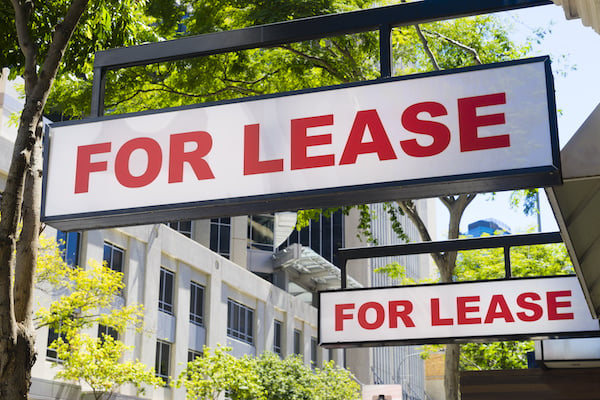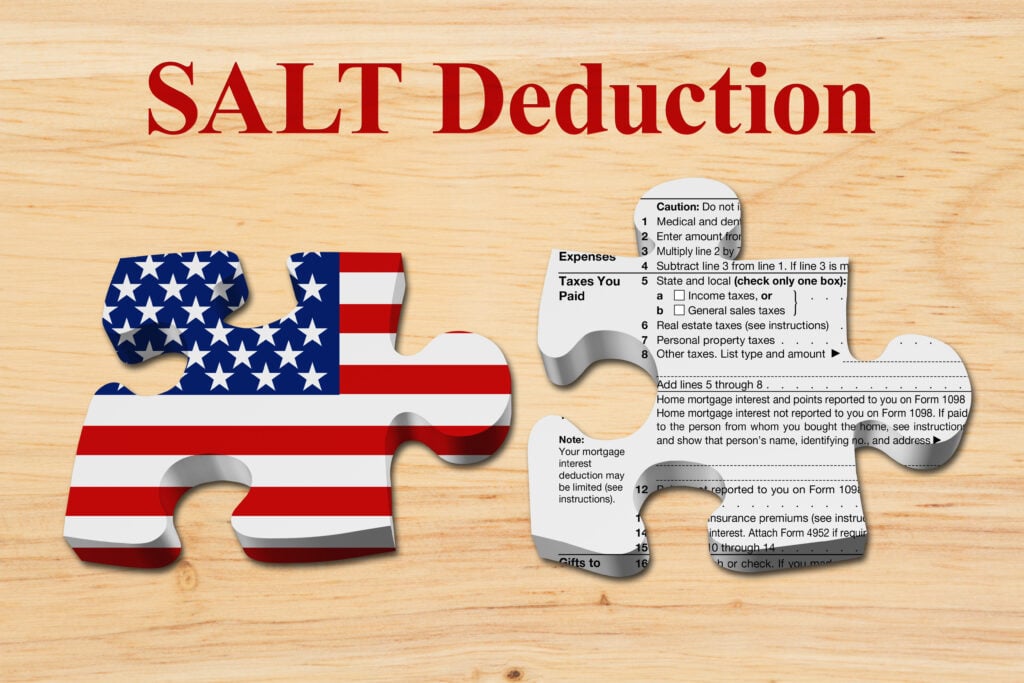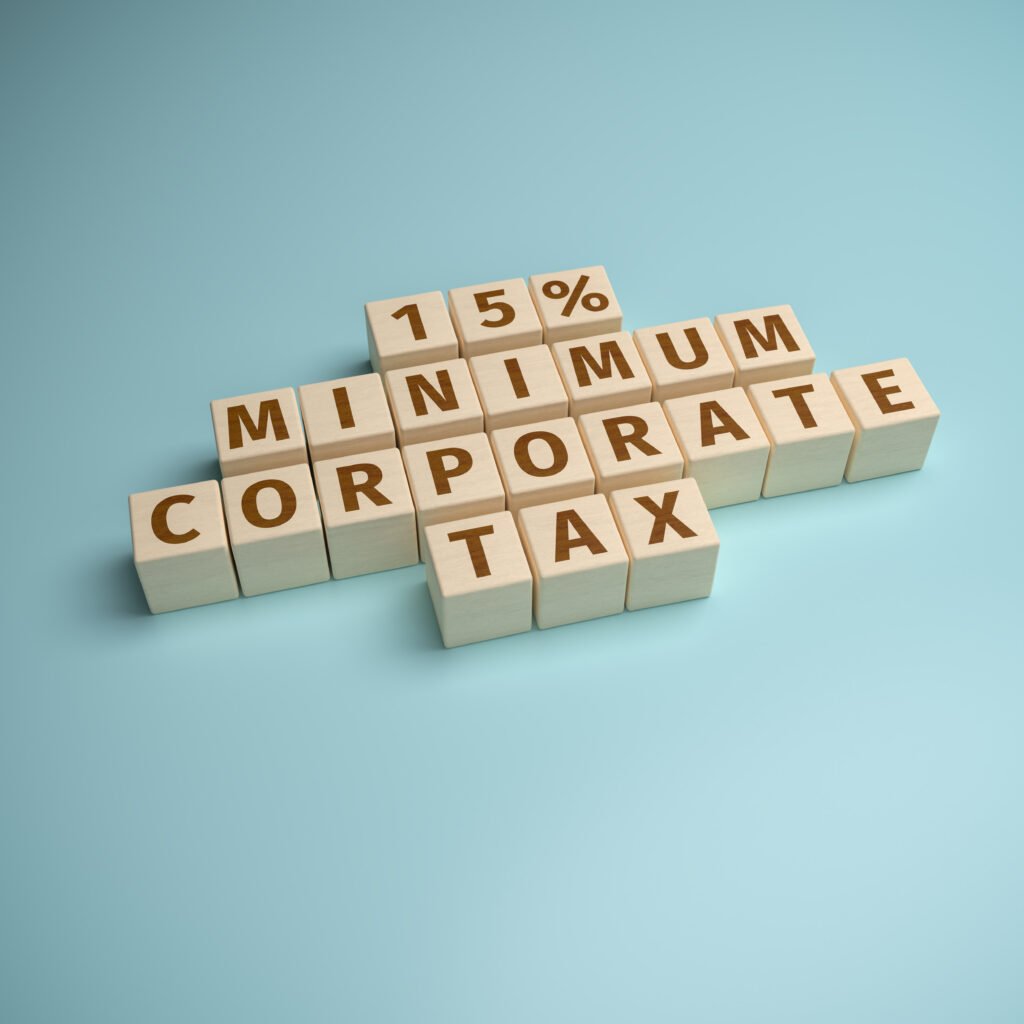
Recent Work by ITEP
State Rundown 11/10: It’s Beginning to Look a Lot Like…Election Season?!
November 10, 2021 • By ITEP Staff

If the leaves are turning colors and you find yourself walking out of the office into pitch-black darkness, it only means that time of the year is upon us—and no, I'm not talking about the holiday season. Before that, it’s the equally important election season...
Paying The Estate Tax Shouldn’t Be Optional for the Super Rich
November 9, 2021 • By Carl Davis

ProPublica this year released multiple exposés revealing how the nation’s wealthiest individuals and families avoid taxes on an unimaginable scale. Most recently, it uncovered Republican and Democratic elected officials and political appointees who used complex strategies to avoid taxes. Richard Painter, a White House ethics lawyer under George W. Bush, said these revelations should be “troubling […]

An important reform in the bill before Congress would tax stock buybacks in a way that is more comparable to how dividends are taxed. Corporations would be required to pay a tax equal to 1 percent of their stock repurchases, ensuring that profits shifted to shareholders in this way are subject to some federal tax.
The Impact of Work From Home on Commercial Property Values and the Property Tax in U.S. Cities
November 4, 2021 • By ITEP Staff

The fiscal implications of a decline in commercial property values are important because the property tax is the dominant local source of taxes, and commercial property makes up a significant portion of the property base in cities.
Senators Menendez and Sanders Show the Way Forward on the SALT Cap
November 3, 2021 • By Steve Wamhoff

Amending the Build Back Better bill to fully repeal the SALT cap would mean that the richest 1 percent could pay less in personal income taxes than they do now, which goes against everything President Biden has said for the past year as he promoted this legislation.
Tax Provisions in the White House Build Back Better Framework: The Good and Bad
October 28, 2021 • By Amy Hanauer

The tax provisions in the Build Back Better framework released by the White House today include enormously helpful reforms but also some disappointments. The good news is that the plan would raise nearly $2 trillion over a decade from those who can afford to pay–the richest Americans and large, profitable corporations. The bad news is that some fundamental problems with our tax code would remain unaddressed.

President Reagan is lionized by many for cutting taxes and government. But the story is more complicated. Reagan knee-capped regulation and much domestic spending, and early in his administration he slashed taxes in ways that drastically reduced revenue. Yet he vastly expanded military spending, so his cuts were only to things he disliked. Less known […]

The end of Spooky Season is near but that hasn’t stopped state lawmakers from adding their frightening plans into the bubbling cauldron of bad tax policy ideas...
America’s Richest Would Finally Pay Taxes on Most of Their Income Under Wyden’s Billionaires Income Tax
October 27, 2021 • By Steve Wamhoff

While the Ways and Means bill includes many helpful tax reforms, people like Jeff Bezos and Elon Musk would still pay an effective tax rate of zero percent on most of their income if it was enacted without this change. Sen. Wyden’s proposal would finally end this injustice.
Senate Democrats’ Corporate Minimum Tax Could Address the Worst Corporate Tax Dodging
October 27, 2021 • By Steve Wamhoff

There is no reason corporations reporting hundreds of millions, but not billions, of dollars in profits to their shareholders should be allowed to avoid paying taxes. Nonetheless, the corporate minimum tax is a huge step forward and a valuable component of the Build Back Better plan.
